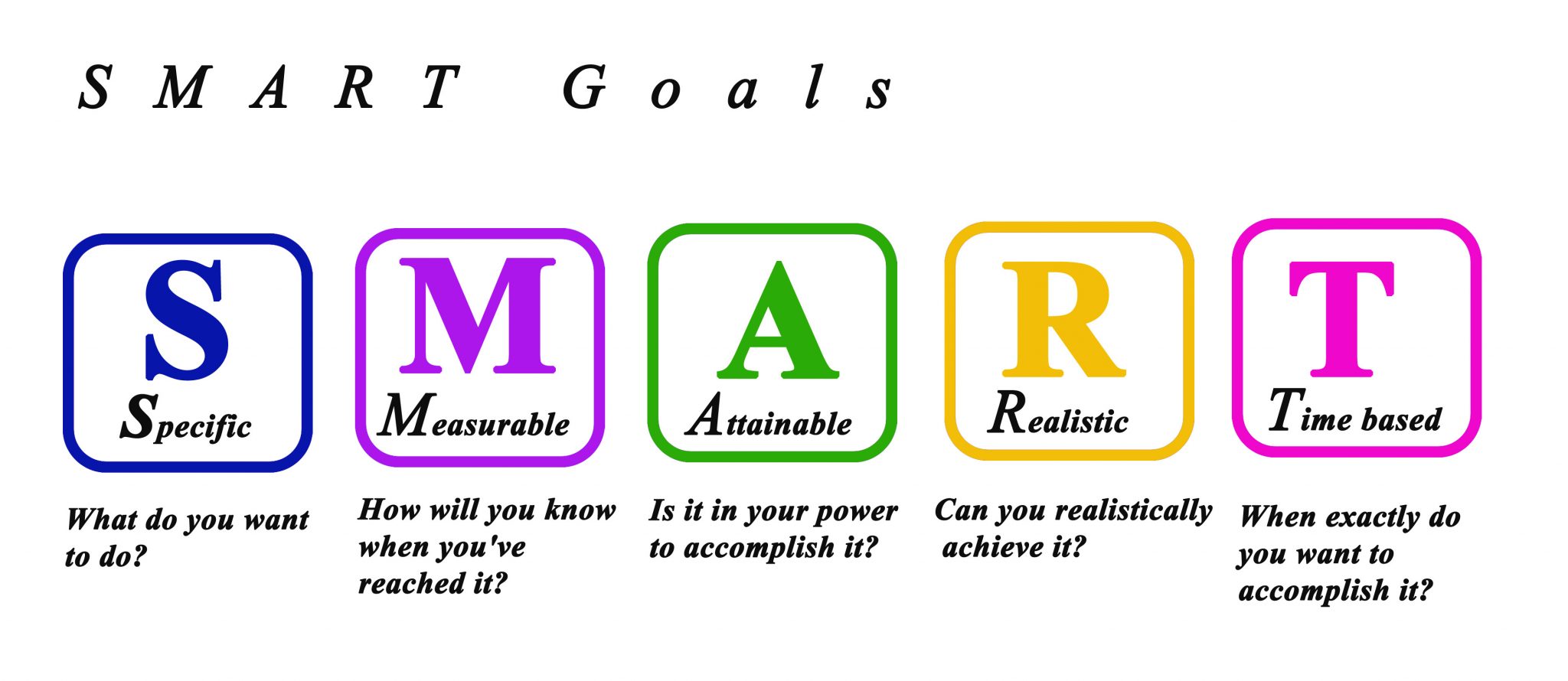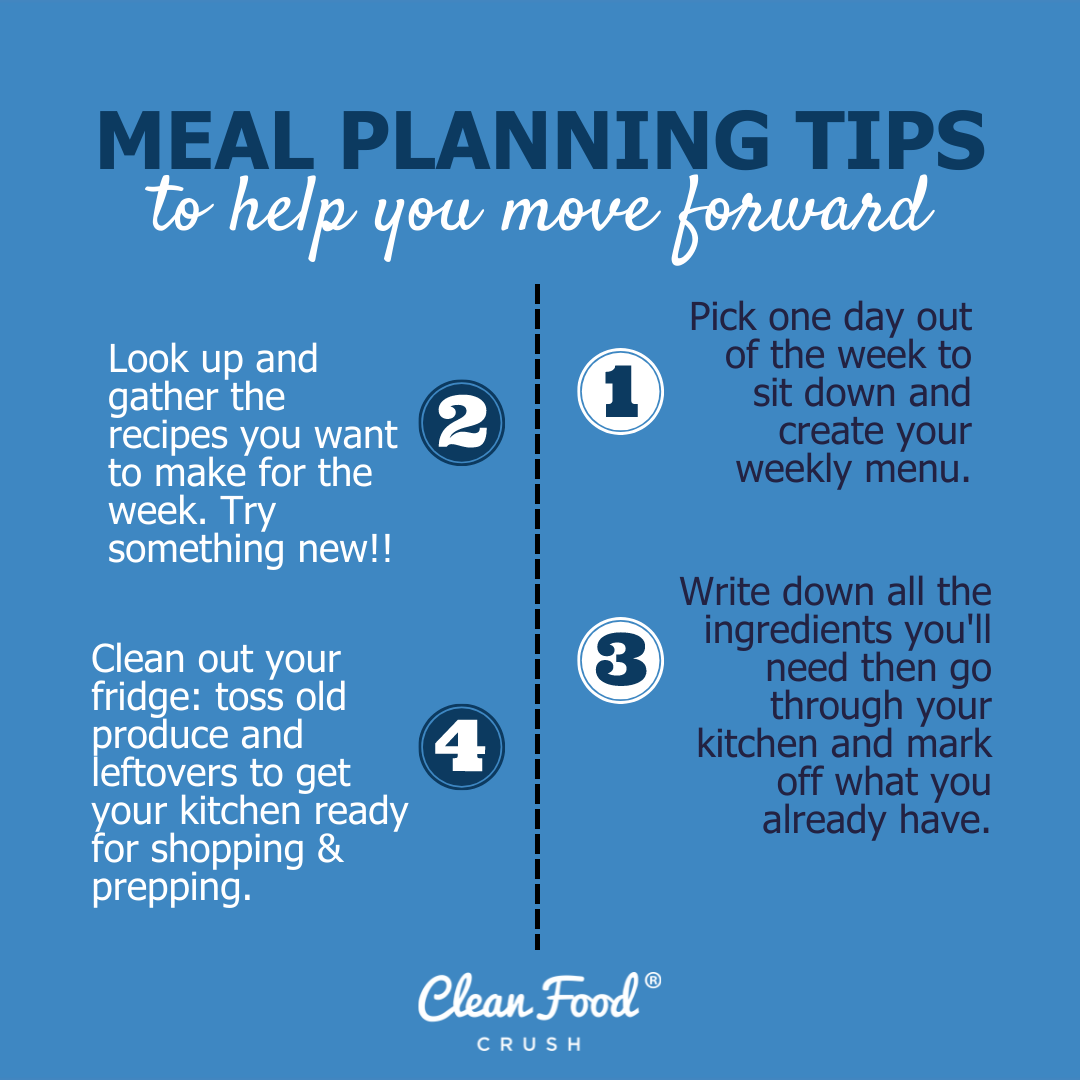Creating goals in an effort to develop new habits can have a big impact on your health both in the short and long term. Yet the process of doing so often comes with challenges, and it can be easy to fall short of achieving the goals you may have intended to.
Learn The Most Common Barriers to Achieving Your Health Goals + How To Get Past Them To Success!
Before you may become tempted to give up on your goals, take a look at how you’re going about trying to achieve them and notice if any of these common barriers might be holding you back.
Sneaky Barrier #1: You Have the Wrong Mindset
Mindset plays a huge role in accomplishing just about anything. In order to achieve something, you have to first truly believe that it is possible for you. If you continue to tell yourself negative things about how or why you can’t do something, you are much less likely to achieve a goal.
Another common mindset barrier is the belief that you have to achieve “all or nothing” in order for the goal to count. This is a common pitfall that may unintentionally set you up for failure because rather than celebrating small successes along the way, you likely feel defeated when you can’t seem to achieve the larger end goal. This feeling of defeat makes you more likely to give up and fall back into less healthy habits along the way as a result.
✔️ What to focus on instead: Before creating any goal, first tell yourself that you CAN do it. Whether it be through daily affirmations, journaling, or other positive reinforcement, do whatever it takes to gain confidence in your ability to accomplish what you desire. Shift your mindset from “this is impossible” to “this may be challenging, but I am capable”. Also, get rid of the “all or nothing” thinking and instead give yourself grace and credit for ANY progress you make along the way.

Sneaky Barrier #2 – You’re Trying To Do Too Many Things at Once
When you’re newly motivated by something, it can be easy to try and take on multiple new tasks that are in line with a bigger goal. For example, if you want to lose weight, you might be trying to exercise more, cut back on portion sizes, and buy healthier foods when you go shopping. While each of those things may indeed help with the big picture goal, they can be overwhelming for your brain and body.
The more overwhelmed you feel, the less likely you are to stick to a goal. Unfortunately, you end up unintentionally setting yourself up for failure.
✔️ What to focus on instead: While it’s okay to have plans to modify multiple areas of your lifestyle in order to achieve a larger goal, you don’t want to focus on them all at once. Instead, choose one area at a time to hone in on and master before moving onto another area. In the weight loss example, this may look like committing to exercising three times a week for 30 minutes each to begin with. Once that becomes easier and more of a routine, move onto other small efforts with the same common goal. Giving yourself time to adapt to each new change instead of working on so many different things at once makes you much more likely to achieve success.

Sneaky Barrier #3 – Your Goals Are Too Vague
This is another easy trap to fall into without realizing it. Unspecific goals are unlikely to be achieved for a couple of reasons. First, you are more likely to be unclear on exactly what you need to do to accomplish them. Secondly, there is often a lack of awareness of when you have achieved the goal. For example, you might set a goal to start eating out less often. This goal is good in theory, yet it lacks specific guidelines as to what “less often” means, like what sort of restaurants fall into the eating out category, etc. This makes it easy to make excuses along the way and ultimately not accomplish much in the end.
✔️ What to focus on instead: Be specific! There is a popular acronym for setting goals called SMART, which stands for Specific, Measurable, Achievable, Relevant, and Time-bound. This is a great template to follow when setting any sort of goal since it helps you know exactly what is involved and needed for you to accomplish it. In addition to being specific about the details of the goal, it is also important to be specific about why you want to accomplish it in the first place. Each of these things will help keep you motivated and on track.

Sneaky Barrier #4 – You’re Goals Aren’t Specific To Your Lifestyle
Things like your peers and the media can easily influence the goals you may choose to create. You may have a friend who has switched to a completely plant-based diet, for example, and think that you should try to do the same. Yet if you don’t take into account that you have family at home that would be strongly opposed to this new eating style, for example, you will be instantly faced with a major barrier that will prevent you from accomplishing it.
✔️ What to focus on instead: Take all aspects of your lifestyle into account when creating a goal. What is realistic for you and/or your family? How can you modify a goal to better fit your needs and preferences? In the plant-based diet example, this may mean choosing one meal or day per week to remove animal products rather than trying to go completely plant-based. No health goals need to be completely out of the picture, they just need to be tailored to be more realistic for you and your unique circumstances.
Sneaky Barrier #5 You Don’t Have Enough Accountability
Some people are more self-motivated than others, but everyone benefits from accountability. Without accountability, you are much more likely to stray from a goal simply because there is no one to report to or who can help encourage and motivate you to keep up with your efforts.
✔️ What to focus on instead: Seek out an accountability partner. For highly motivated people, this may be yourself. Even if it is, you’d still need to have ways that you will keep yourself accountable, such as tracking progress in a weekly journal. For most people, though, having one or two other people to share your goal with can really help you stay on track. Knowing that you will be checking in with them periodically or that they may be asking you about your progress is likely to serve as additional motivation to keep at it even when it gets challenging.
In Summary
Most people set out with good intentions when creating goals to improve their health, yet many factors can get in the way. By becoming aware of the most common flaws and pitfalls with goal setting, you can help set yourself up for success by avoiding them. Everyone is capable of achieving goals of any kind with the right mindset, strategy, and support system.

from Clean Food Crush https://ift.tt/39DTF6I




No comments:
Post a Comment